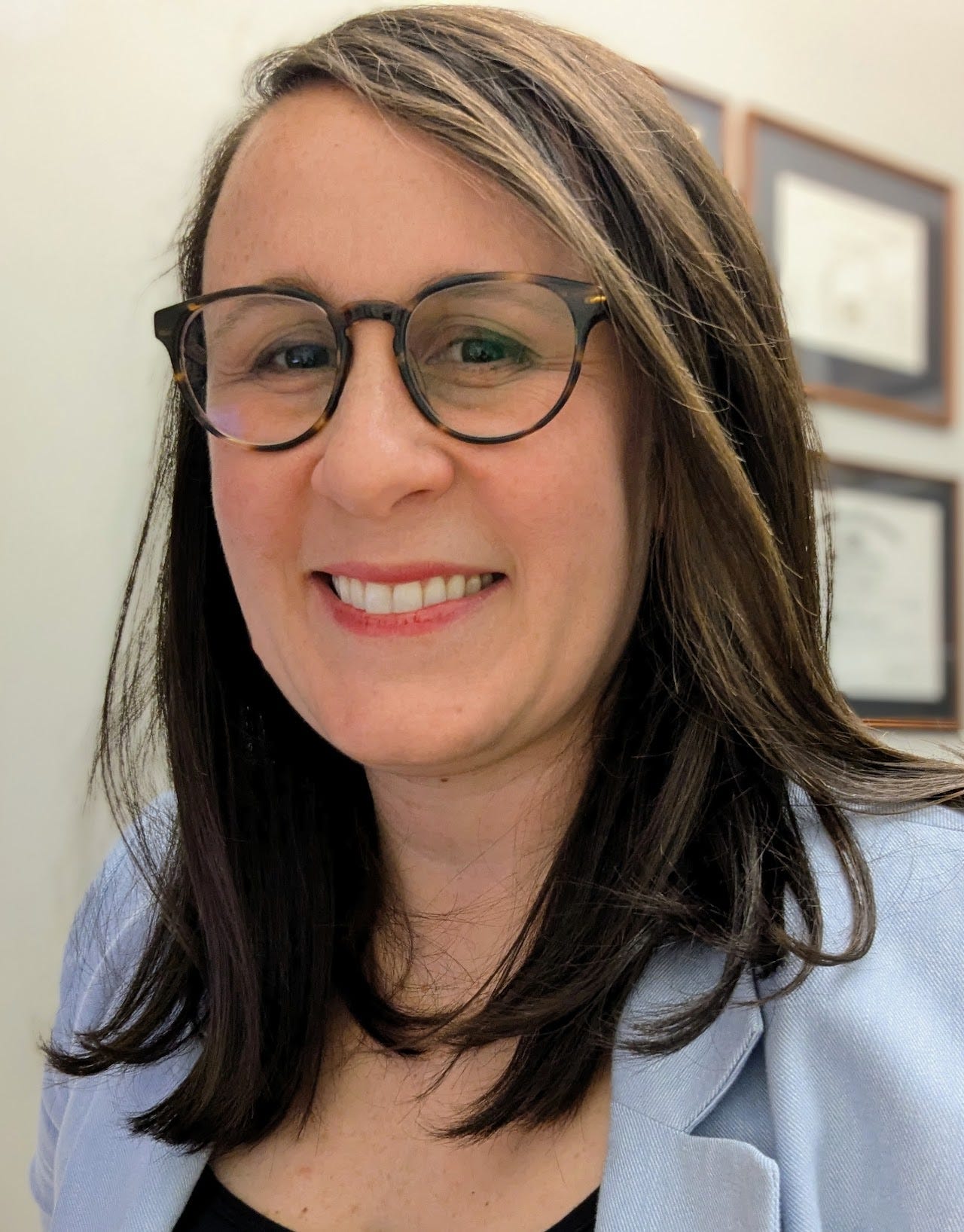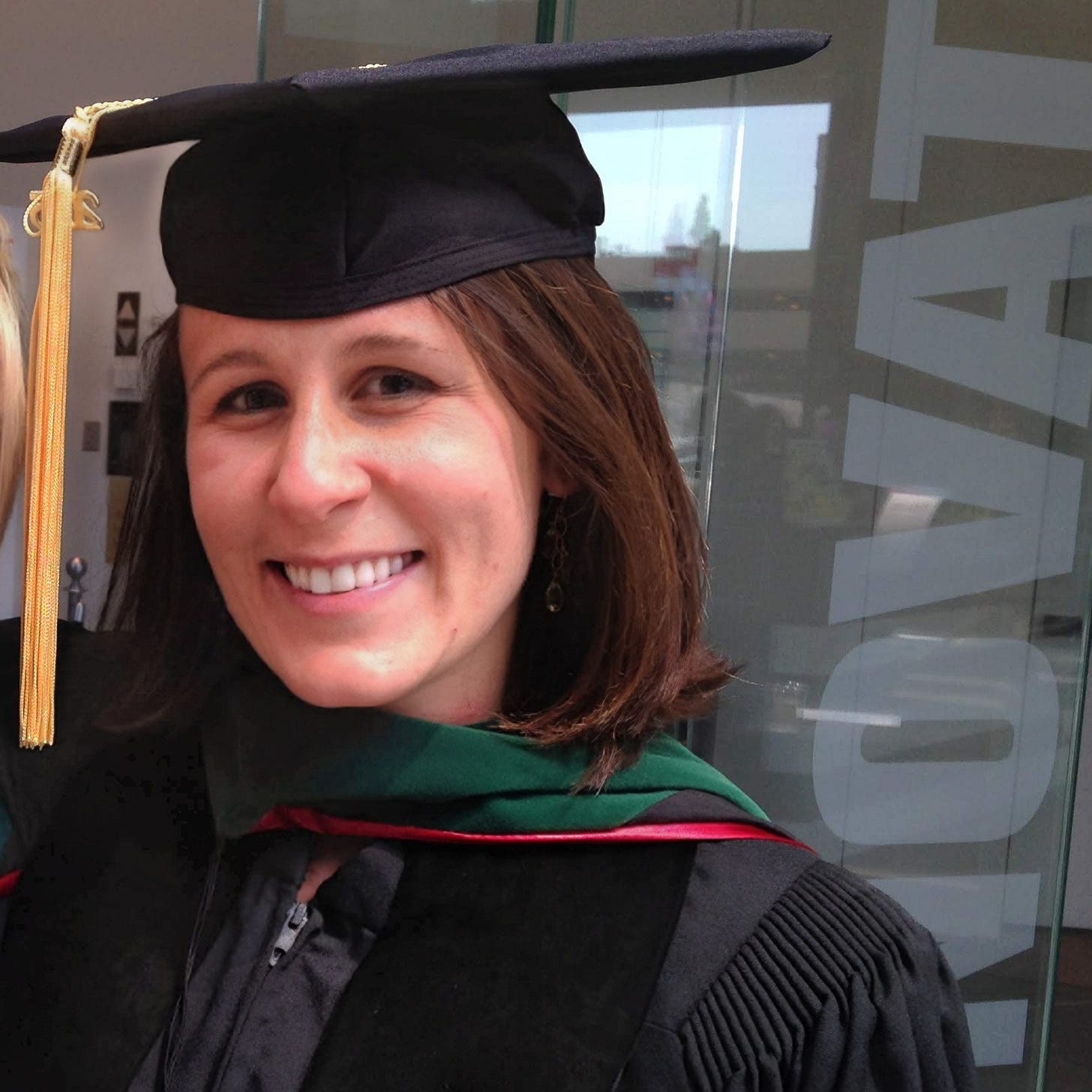A few weeks ago, my book club went on a “retreat” in the woods. We rented an Airbnb, aligned the schedules of 11 very busy women, and spent a full weekend hanging out together.
This was impressive for many reasons — the fact that we could agree on a date was a minor miracle — but it was particularly amazing because it allowed me to remember what accomplished humans I’m lucky to call my friends. With the luxury of unscheduled time together, without anyone having to dash off to a kids’ birthday party or get started on meal prep for the week, we got into some deep conversations. I was reminded of how thoughtful, talented, and kind my friends are.
And they helped me remember that I, too, am worthy of respect.
Don’t worry, I’m not having a serious meltdown. But in the months since I finalized my book deal, I’ve been experiencing something that I’ve heard is popular amongst writers: self doubt.
Oh shit, a little voice keeps whispering in my ear. I actually have to write this, now.
Luckily, my book club came to the rescue.
Amongst our illustrious members are several women with serious marketing expertise, including advanced degrees and years of professional experience. As the conversation turned to my book and this Substack, they gently — but firmly — reminded me that I am a professional and I should treat my work as such.
My friends helped me reconceptualize this newsletter, which I plan to publish twice a month, as a friendly guide to the insanity of modern medicine.
Your Doctor Friend is a more grammatically correct version of the texts I exchange with my friends and family, which usually start something like this: “Hey, can I ask you a quick medical question?”
I get questions about sick kids and pictures of rashes. I’m asked to weigh in on second opinions (“Will it hurt my doctor’s feelings?”) and whether or not a trip to the ER is really worth it. I’m a sounding board about getting body-shamed at the doctor or trying to understand what on earth an ultraprocessed food actually is.
The only questions I refuse to answer? Anything about pets. Humans are the only species I’m qualified to treat.
I truly love being able to help out. Health care is confusing, and it makes me feel good to help my loved ones navigate it. Sometimes an insider’s perspective can make all the difference.
So with no further ado, I am thrilled to introduce Your Doctor Friend.
Don’t worry: no imminent plans to charge a subscription fee. But this work is evolving. I started this Substack as a kind of LiveJournal reincarnated — shout-out to my fellow millennials who learned early how to overshare on the Internet — and now it’s a serious part of my professional identity. In addition to thousands of people I am unbelievably honored to call my readers, my mom, my literary agent, and my boss all subscribe — I can’t hide! (Hi, guys.)
In addition to spicy takes about the culture of medicine, I plan to continue to share reflections about parenting as a doctor (and doctoring as a mom), as well as essays on body image and body shame, health equity and reproductive justice, and occasional detours into the world of books.
I realized the other day that I’ve been a doctor for ten years. I couldn’t believe it. I sometimes feel like I just started; other times, I feel like I’ve been doing this forever.
An OB/GYN friend of mine said to me recently, “As a woman physician, I feel like I’m supposed to have imposter syndrome. We’re expected to confess that we feel like frauds, and it makes us more relatable.” But my friend doesn’t feel like an imposter, she told me. She feels competent and professional. She worked hard to learn the skills that make her a great surgeon and doctor. She’s always learning, of course, but she’s proud to be good at her job.
I’m proud to be good at my job, too. While there’s so much I don’t know, there’s a lot I do. So in honor of ten years of being a doctor, I’m sharing ten things I’ve learned.
The secret of the care of the patient is in caring for the patient. This famous quotation is from Boston physician Francis Peabody, writing in JAMA in 1927. I had heard it a million times, but only recently read his original article. It could have been written today, about the very same issues I debate with my students: “Hospitals, like other institutions founded with the highest human ideals, are apt to deteriorate into dehumanized machines,” he writes. When I’m feeling burned-out and cynical, I try to lean in to my patients’ stories. Giving more of myself, surprisingly, often makes me feel more whole. And when I feel more whole, my patients get better care.
Medicaid is amazing. Public health insurance saves lives and money. Full stop. I am proud that the majority of my patients are publicly insured. Frankly, it’s way better than most private insurance plans in that my Medicaid patients don’t receive surprise bills and out-of-network fees. Cutting access to Medicaid will cause harm and death. Full stop.
Healthcare bureaucracy is designed to make you suffer. I was warned about a career in primary care, back when I was a fresh-faced medical student deciding on a specialty. “You don’t want to have to deal with all that paperwork,” my professors told me. Well, joke’s on them, because we all have paperwork: doctors, patients, and administrators alike. I’ve started to realize that the bureaucracy is the point. It’s designed to make health care difficult to access and unpleasant. I find that realization strangely calming as I wade through my stack of faxes (faxes!) each morning in my clinic.
Medical students keep me honest. Working with students is the best. They force me to stay up-to-date on medical research and they ask the smartest questions. I can’t get away with any laziness or shortcuts under their watch. They unquestionably make me a better a doctor.
Boundaries are important. I’ve written about my issues with the term “boundaries,” but the point remains: drawing a line in the sand between work and non-work is critical for keeping my sanity. I don’t write patient notes at home. I don’t give patients my cellphone number. That way, when I do show up at work, I’m giving my patients my best self — not a cranky and overworked version of me.
There’s usually several right answers. It still boggles my mind that so much of medical education takes the form of multiple-choice tests, which I’d argue is the exact opposite of the way we should think about clinical practice. There’s never only one right answer. That’s what I’ve come to love about primary care, helping my patients sort through the ambiguity of medicine — and helping them care for their bodies in the unique context of their lives and values.
The mind and body are one. Every day, I see the way mental health affects physical health and physical health affects mental health. There is no way to separate the two; they’re inevitably linked together.
Being sick is hard… I still think back to how deeply, deeply shocked I was when I first started working in the hospital. It was so much more awful than I had imagined. Being sick can be dehumanizing, demoralizing, and life-changing. It’s worth remembering that, and extending some empathy.
…But it isn’t always clear what it means to be healthy. Even though medicine has conceptualized what it means to be sick, we don’t always do a great job at defining what it means to be well. I’m coming to realize that health is both deeply personal and cultural, and it doesn’t always have a clear-cut definition.
Relationships are everything. There’s research that shows deep social connections are critical to longevity and well-being throughout the lifespan, but I’m not sure I need a quantitative study to tell me that — I know it deep in my bones, as do all human cultures throughout human history. Prioritizing the people I love and my communities is critical for my health, and I try to help my patients do the same.








Your substack helped me navigate the primary care system and the system at large as well. I had to reverse engineer "doctor thinking" to figure out what was going wrong. Here's a new medical aphorism: if you think you need a second opinion then you need a second opinion.
Wonderful, welcome to Substack, Mara. You are off to a good start. A great list of 10 lessons.
Sarah Fay, SWAW has lots of helpful webinars, pdf’s etc. to help you get organized and attract. Claire Venus, Sparkle on Substack, has lots of creative tips. People seem to love hearing from doctors who are still practicing, rather than us older ones. I’m retired and doing this out of love and advocacy for working moms. Check out my Moms Matter Substack when you have time, and shoot me any questions. ❤️